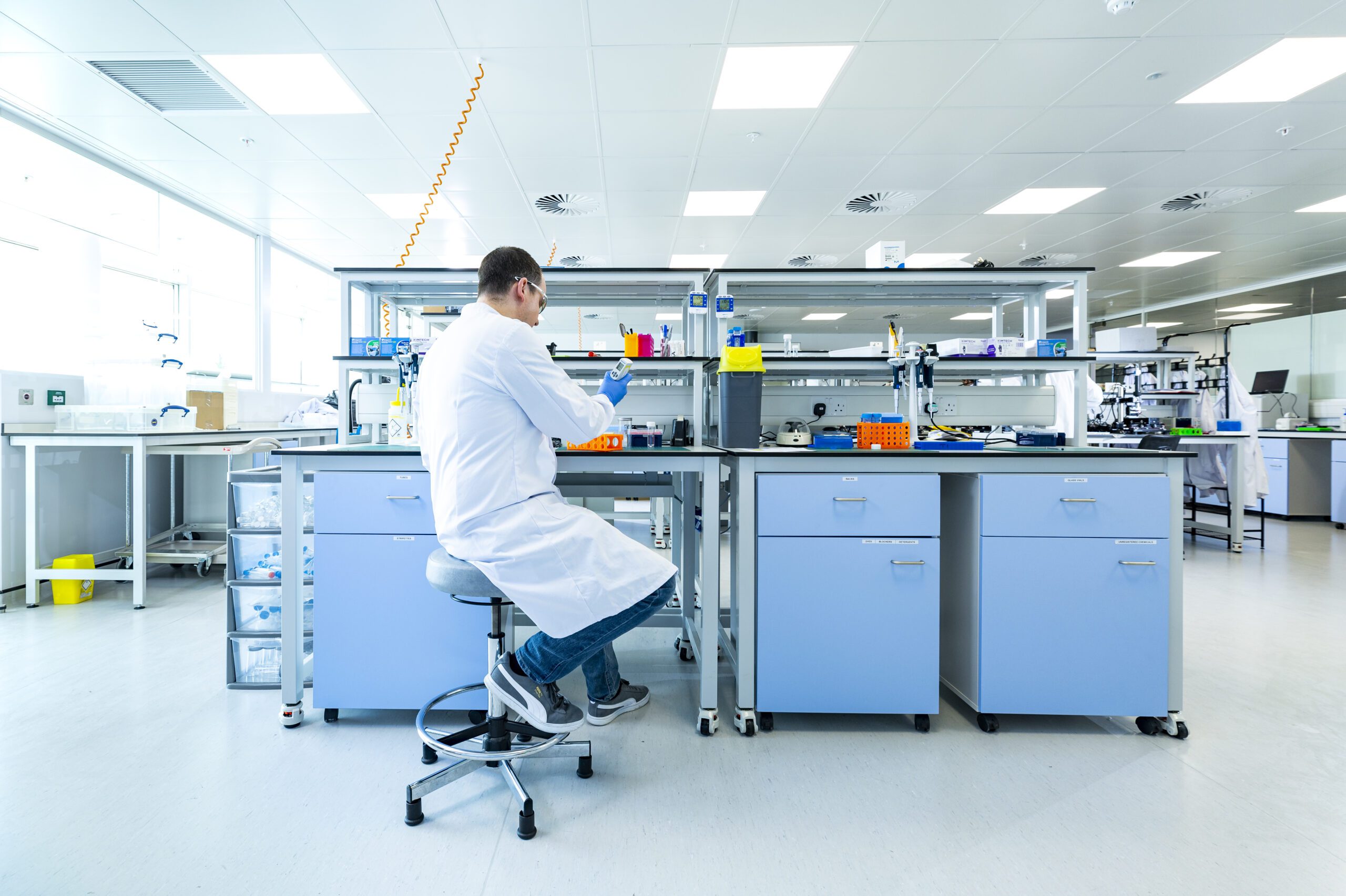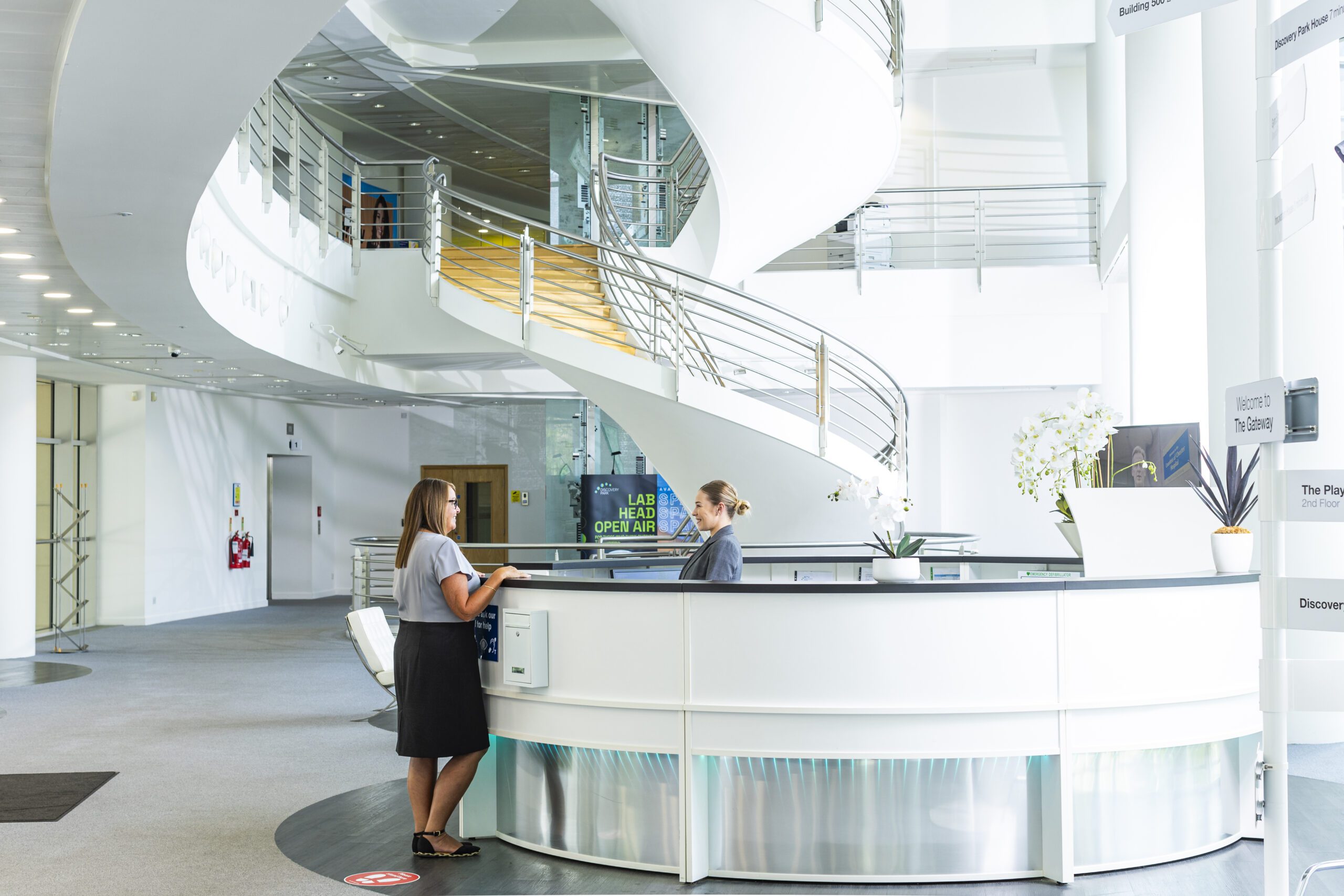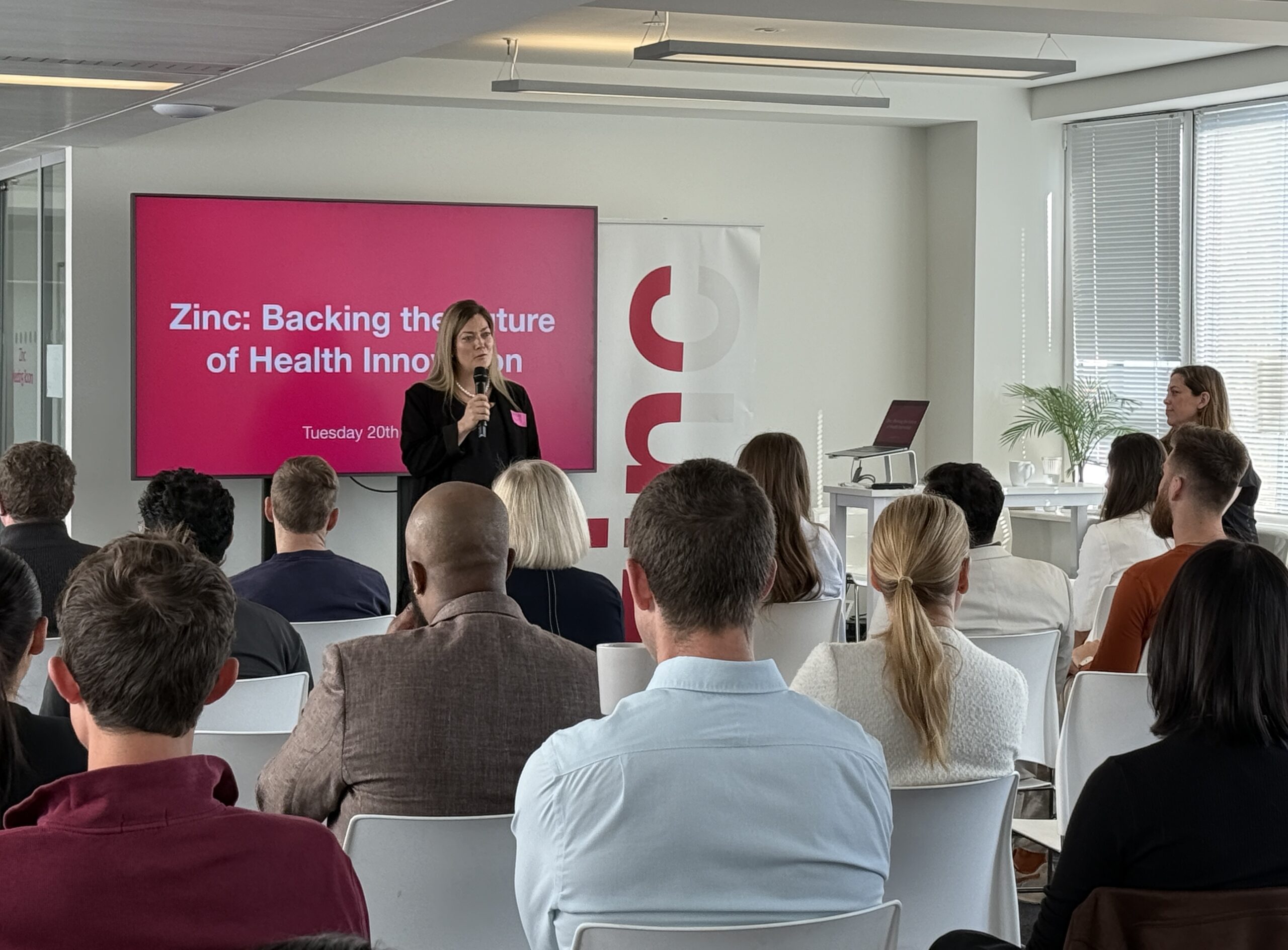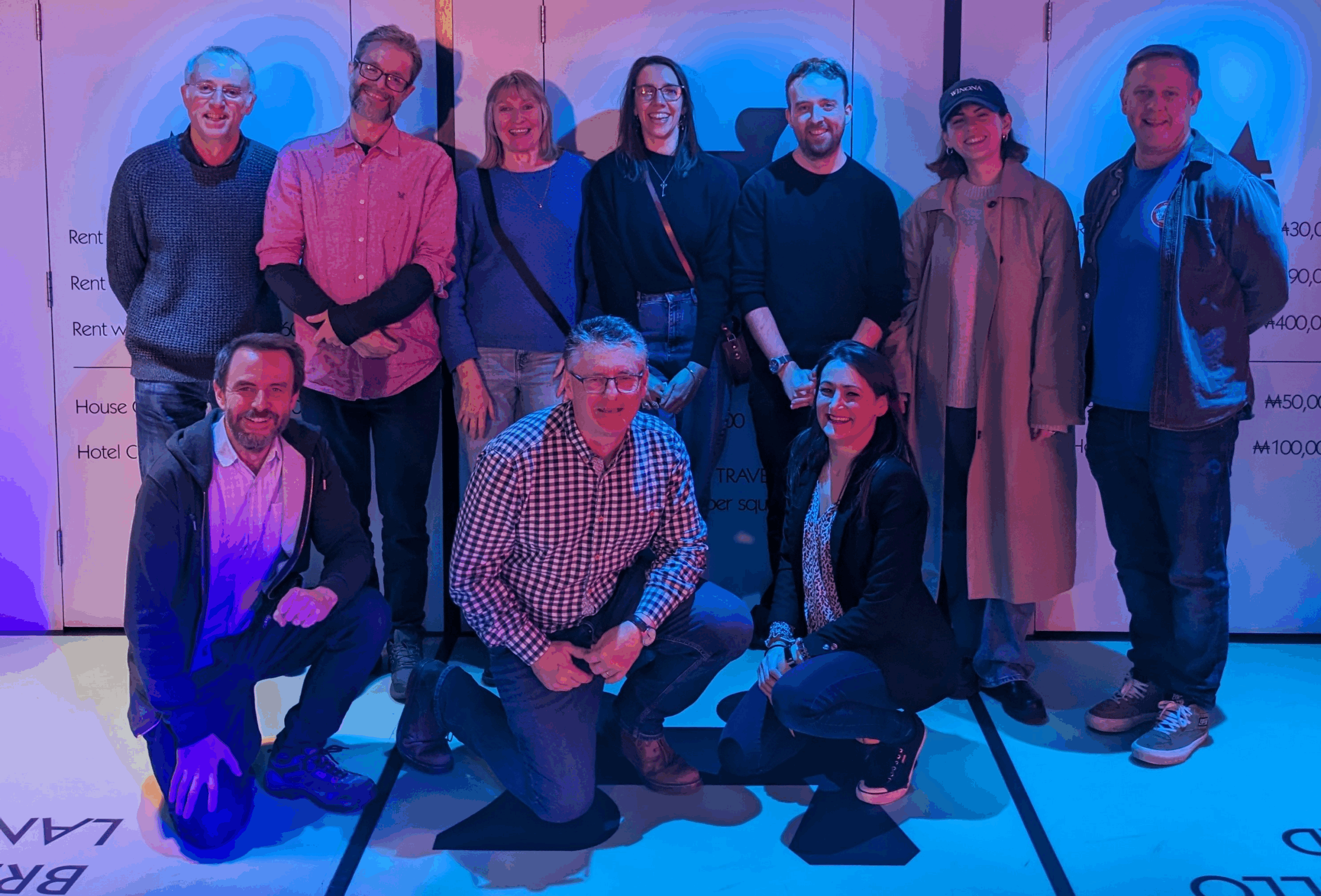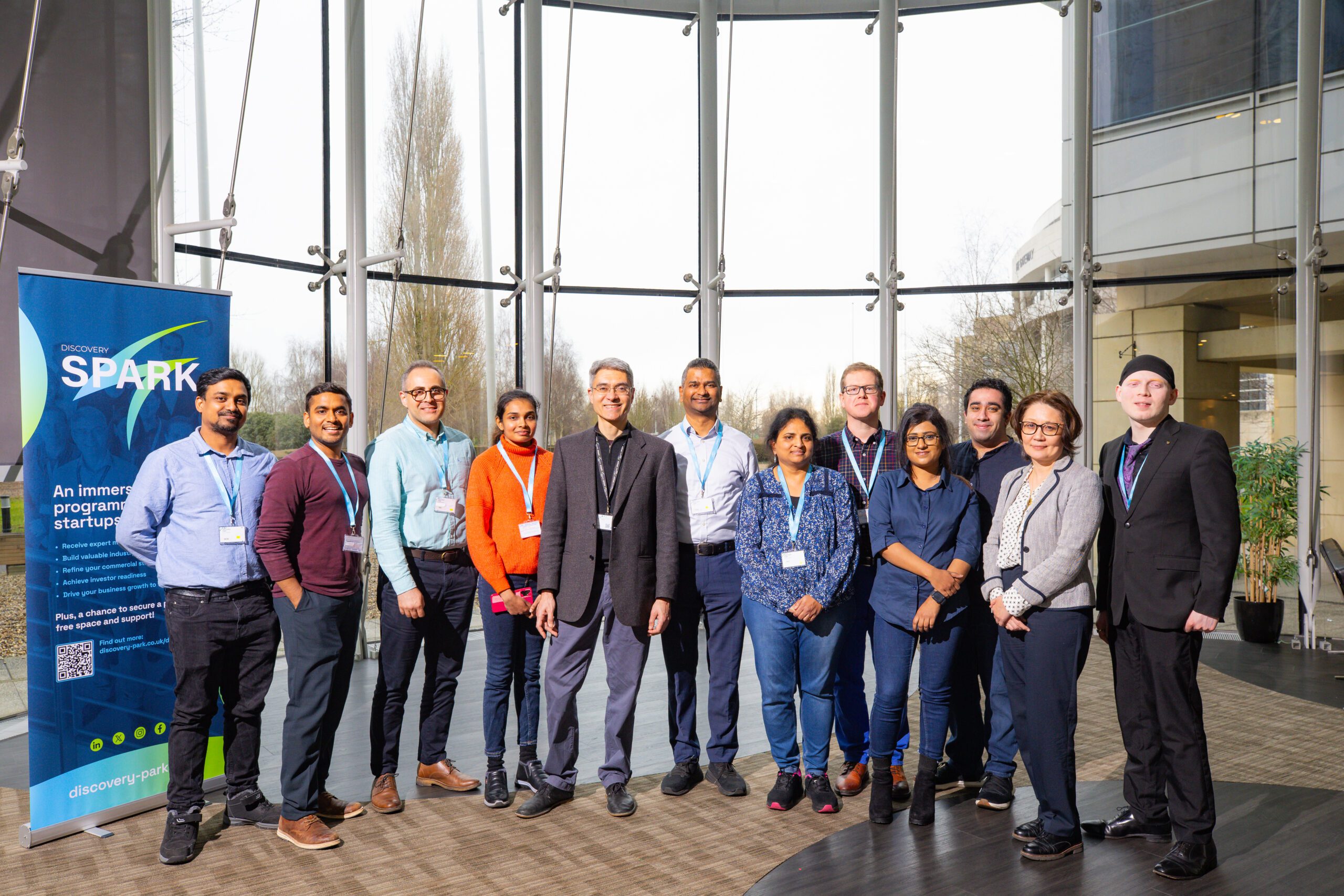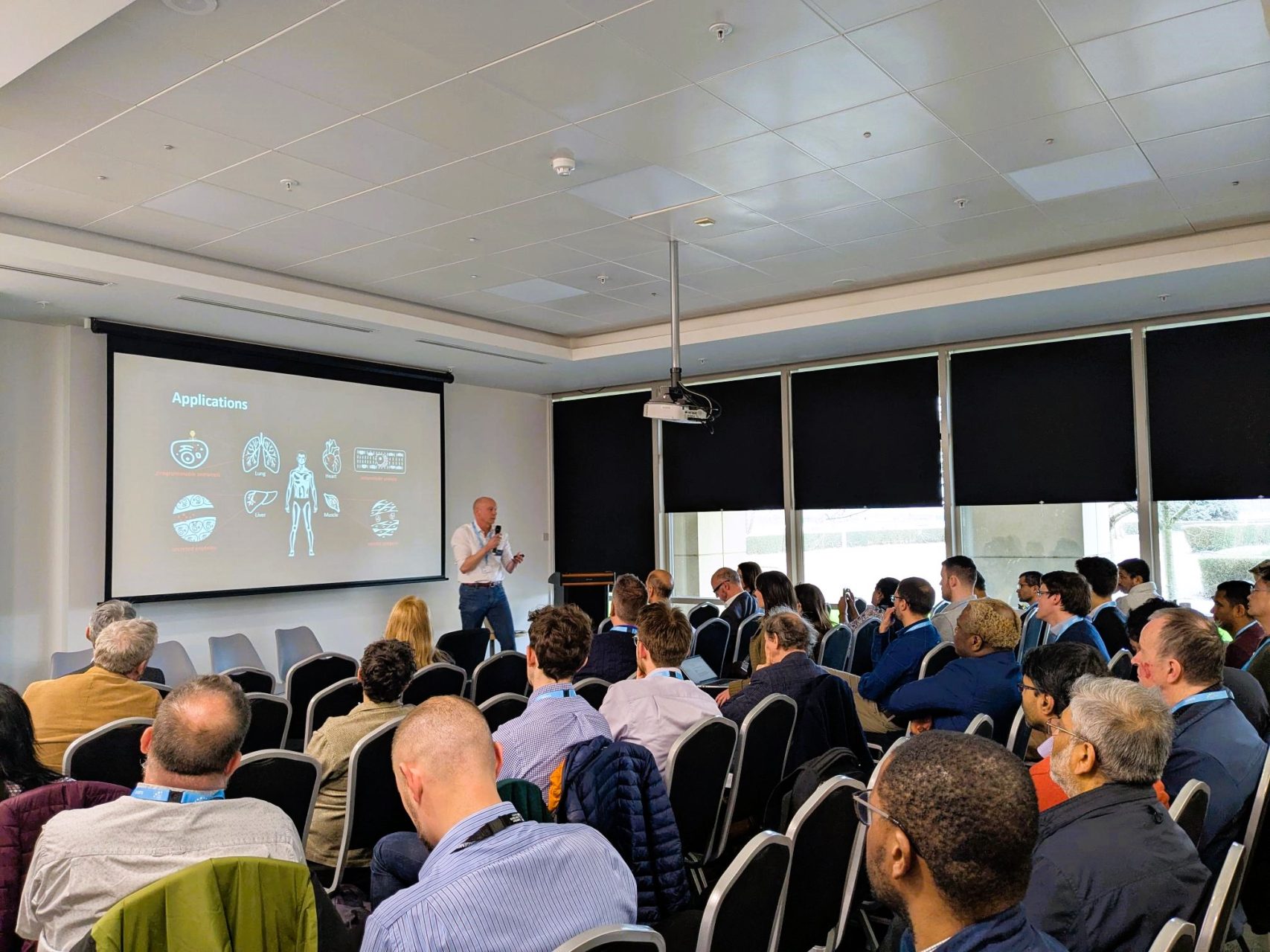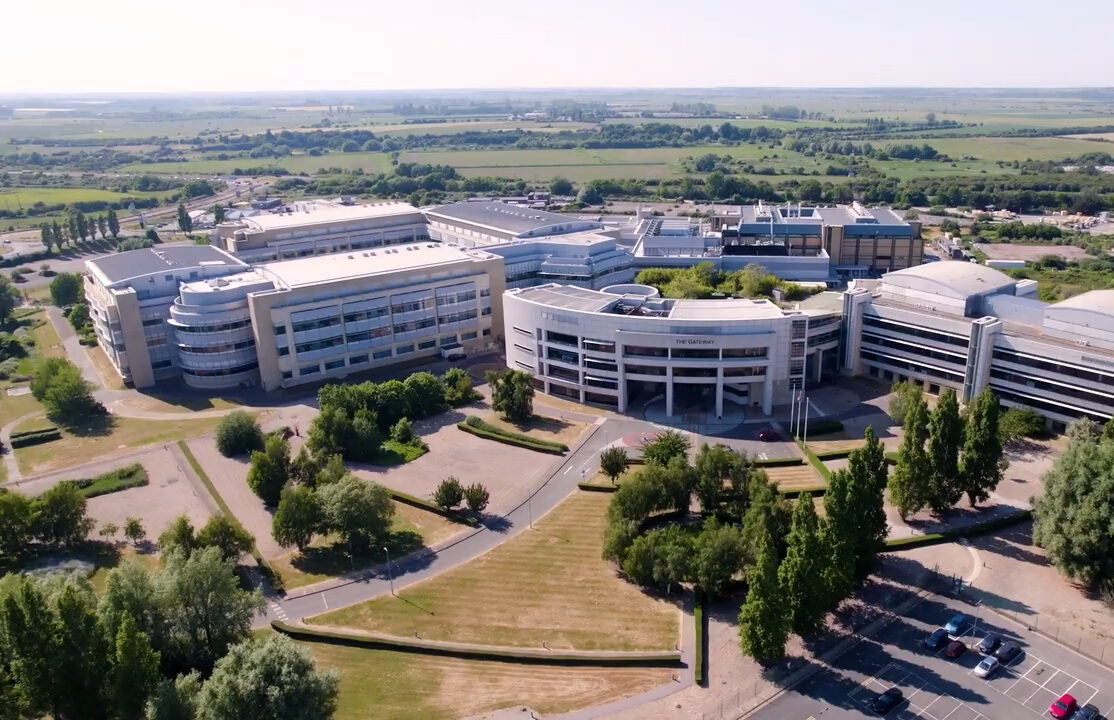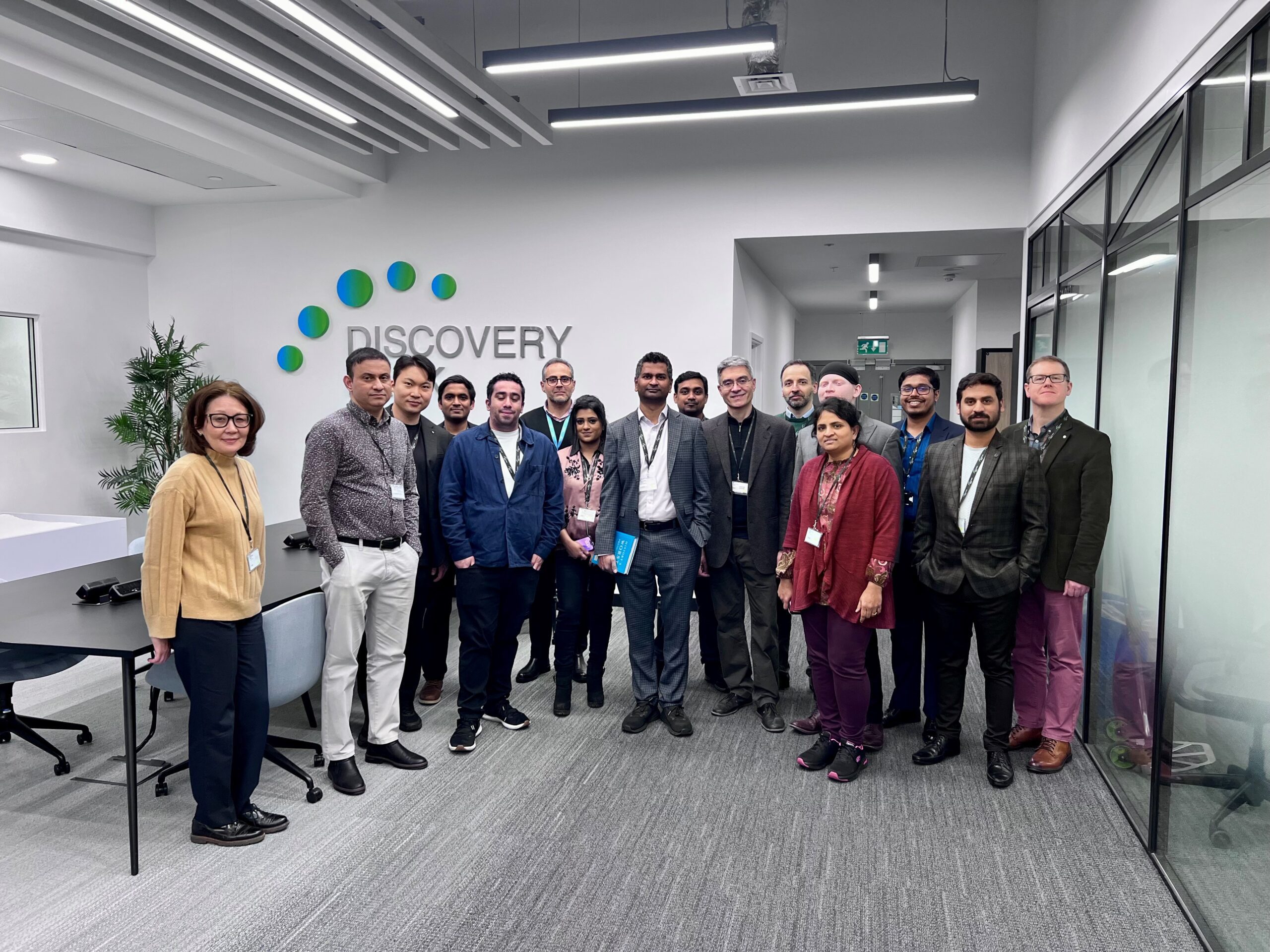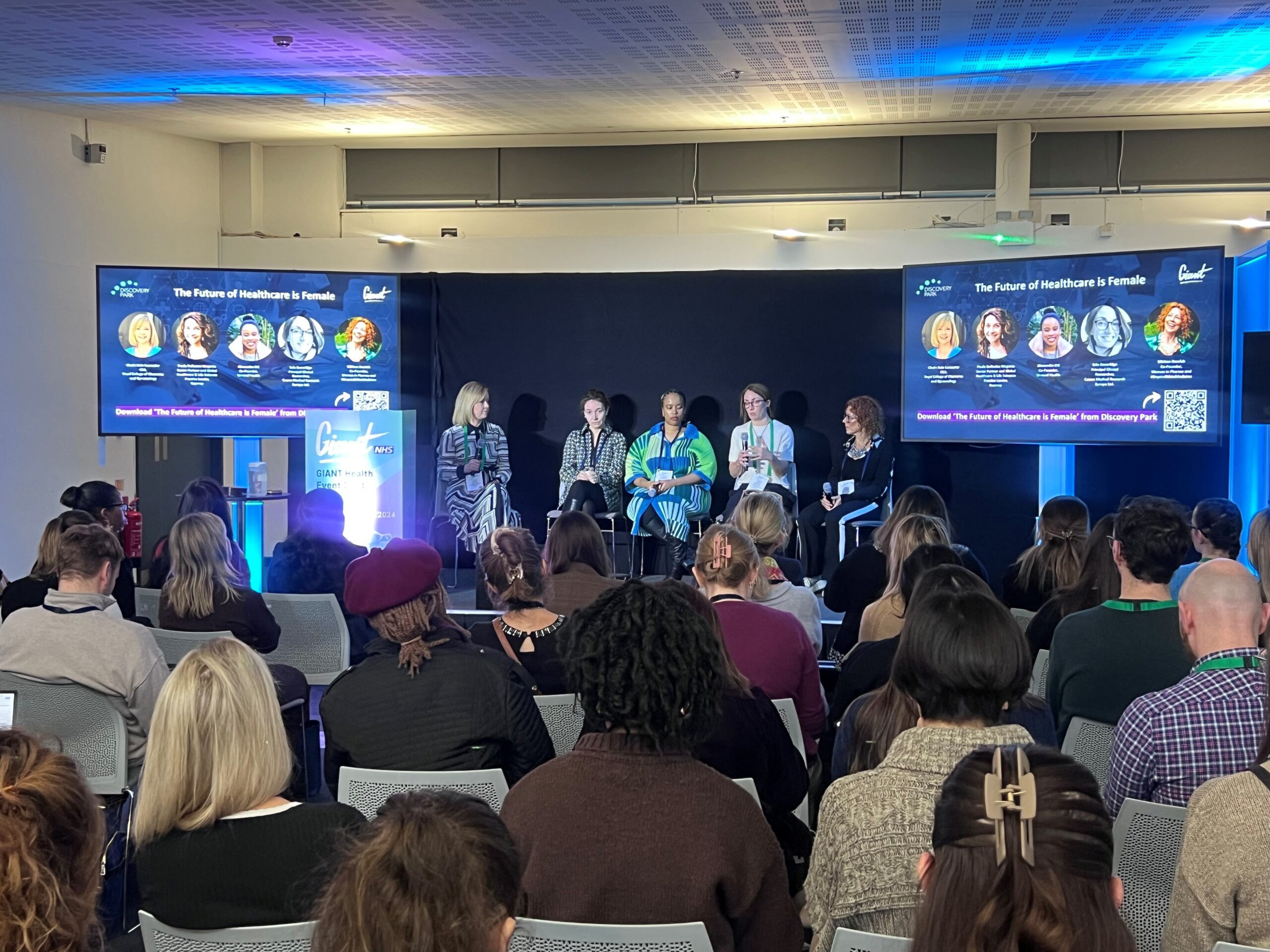At the 2025 London Biotechnology Show, Discovery Park hosted a panel discussion featuring four accomplished business leaders who shared their hard-won insights on transforming a good idea into a great business. The panel brought together diverse expertise from pharmaceuticals, intellectual property, AI, and health technology, offering practical guidance for aspiring founders.
Our expert panel included:
- Dr. Nara Daubeney, CEO & Co-Founder of Phaim Pharma (Panel Chair)
- Tim Hewson, UK and European Patent Attorney at Abel + Imray LLP
- Rama Krishna Boya, Co-Founder & CEO of DeepInfinity.ai
- Dr. Joanna Wiecek, Co-Founder of GutSee Health Limited
Here are eight key insights from their discussion:
1. If you’re thinking of starting a business, just start
When asked about advice for her younger self, Dr. Joanna told the audience that you never feel ‘ready’ to start your own business. There will always be more to learn, experience to gain, or certainty to seek. She urged aspiring founders to make the leap now, emphasising that you’ll learn the rest as you go.
2. Cultivate strategic relationships and nurture your network
All panel participants emphasised the critical role of building relationships with people who can support you and help you overcome challenges. This includes a network of peers, investors and advisors. As a founder, you won’t be an expert in everything, but you’ll find that people genuinely want to help you along the way. The key is showing up, being visible, and nurturing these relationships consistently.
3. Start good organisational habits early
Rama would urge his younger self to be organised from the very beginning. Whilst it’s challenging to plan in the early days when everything feels uncertain and fast moving, tracking your progress and goals helps you balance competing priorities effectively. Establishing these systems early prevents chaos later and creates a foundation for sustainable growth.
4. Position for success
Dr. Nara spoke about the importance of finding your people and place within the entrepreneurial community. She recommended actively seeking out startup-focused ecosystems – like Discovery Park – which can offer opportunities and connections specifically built for the needs of founders. These environments provide both practical support and the camaraderie that makes the entrepreneurial journey less isolating.
5. Protect what matters
Intellectual property (IP) is a huge focus in the early days, with investors constantly enquiring about your company’s IP position versus competitors. Patent Attorney Tim Hewson explained that IP is your mechanism for capturing value, so founders must be aware of their IP pipeline: how they’re identifying, developing, and commercialising their industry know-how. Protection of your IP is critical and will be an ongoing process as your business evolves.
6. Leverage accelerator and incubator programmes
Dr. Joanna had hugely positive experiences growing her business through accelerator programmes, including Discovery Spark and Zinc Venture Builder. These programmes build your network within a supportive cohort whilst simultaneously developing your business skills. They provided structured learning, mentorship, and connections that were invaluable for Joanna’s early-stage company.
7. Navigate valuation strategically
Valuing a company is notoriously difficult and often feels nebulous, but Dr. Joanna urged founders to triangulate their approach. She recommended using data resources like PitchBook and Crunchbase to map the journey of competitors and understand market dynamics. Additionally, making connections with VC funds and asking them to critique your methods provides valuable feedback to refine your approach.
8. Invest in yourself
As Rama wisely noted: as a founder, you must look after your health, both physical and mental. The entrepreneurial journey is demanding, and sustainable success requires sustainable practices. Your business is only as strong as you are, so investing in your wellbeing isn’t selfish – it’s strategic.
At Discovery Park, we are supporting the next wave of science and tech innovators. We’ve created a practical guide called ‘Science to Startup’, packed with useful insights to help you lay solid foundations, avoid common pitfalls, and start building a business with real potential.

